Product details
NihuuSravee Murukulu :
Murukulu is Another name for the popular South Indian snack, murukku. It’s a crispy, savory treat that’s enjoyed by people of all ages.
Murukulu: A Crunchy Cornerstone of South Indian Cuisine
Murukulu, a crispy and savory delight, is an integral part of South Indian culinary heritage. This iconic snack, often referred to as murukku, has captured the hearts and taste buds of people across generations. Its distinctive spiral shape, coupled with its irresistible crunch, makes it a beloved treat for all occasions.
A Symphony of Flavors:
The essence of murukulu lies in its perfect blend of ingredients. The base typically consists of rice flour, which provides the snack with its characteristic crunch. To enhance the flavor profile, a medley of spices is introduced, including cumin, chili powder, and asafoetida. These aromatic elements infuse the murukulu with a tantalizing taste that leaves a lasting impression.
The process of making murukulu is an art in itself. The dough, prepared by combining the ingredients with water, is kneaded to perfection. It is then extruded through a specialized press to create the signature spiral shape. Deep-frying in hot oil transforms the dough into the golden-brown, crispy delight that we all know and love.
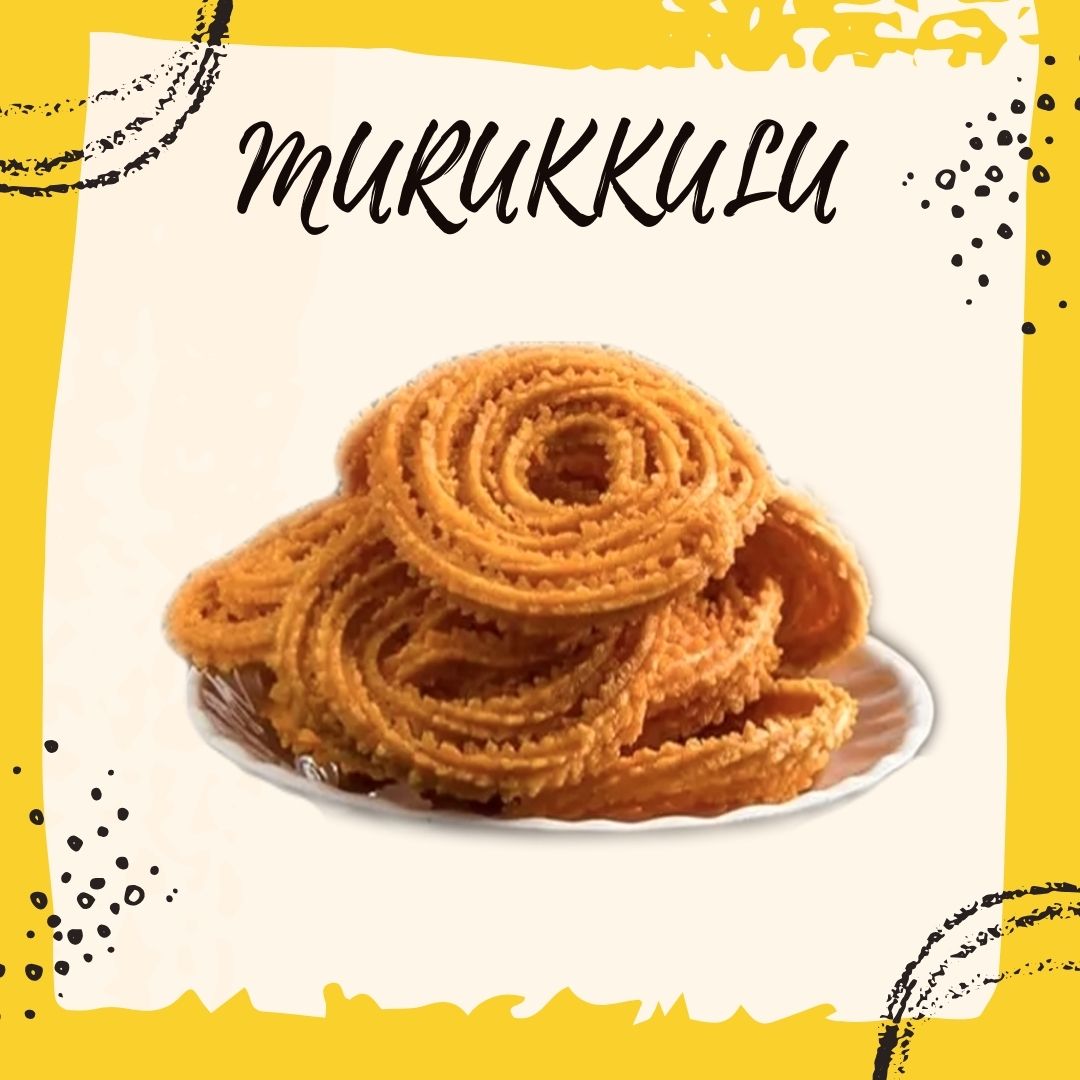

Cultural Significance of murukulu:
Murukulu holds a special place in the cultural fabric of South India. It is an indispensable part of festive celebrations, weddings, and religious ceremonies. The aroma of freshly fried murukulu fills the air, creating a festive atmosphere. It is also a cherished snack during tea time, enjoyed with a cup of piping hot chai.
Beyond its culinary appeal, murukulu has social significance. It is often prepared and shared among family and friends, fostering a sense of togetherness. The act of making murukulu together strengthens bonds and creates lasting memories.
Variations and Innovations:
While the traditional recipe for murukulu remains unchanged, there have been exciting variations and innovations to cater to diverse tastes. Different types of flour, such as rava or wheat flour, are sometimes used to create unique textures. The spice blend can also be customized to suit individual preferences.
In recent years, there has been a surge in experimentation with murukulu flavors. From spicy to sweet, and even infused with herbs and vegetables, the possibilities are endless. These innovative creations have expanded the appeal of murukulu to a wider audience.
Murukulu: A Global Phenomenon
The popularity of murukulu has transcended geographical boundaries. It has gained a significant following among people of Indian origin residing in various parts of the world. Murukulu has also become a sought-after snack in international markets, captivating the taste buds of people from different cultures.
The global recognition of murukulu is a testament to its exceptional taste and versatility. It has become a symbol of Indian cuisine, representing the rich heritage and culinary traditions of the country.
Conclusion
Murukulu, with its irresistible crunch and flavorful profile, has earned its place as a beloved snack in the hearts of millions. It is more than just a food; it is a cultural icon that brings people together. Whether enjoyed as a traditional treat or as a modern culinary innovation, murukulu continues to delight taste buds and create lasting memories.


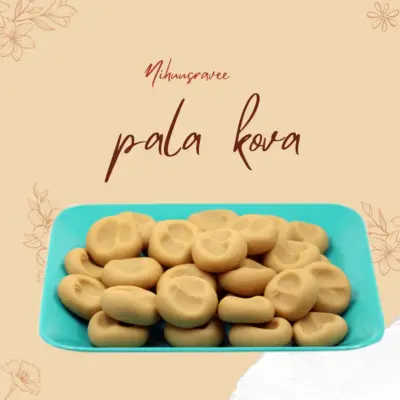
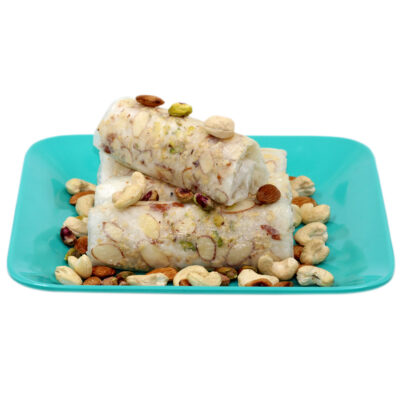
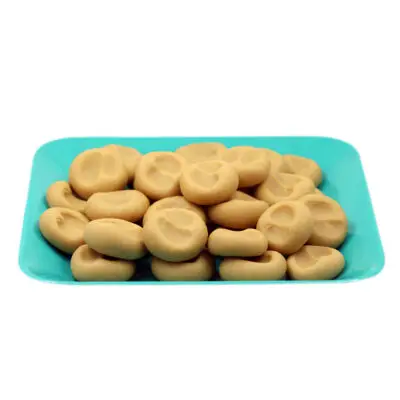
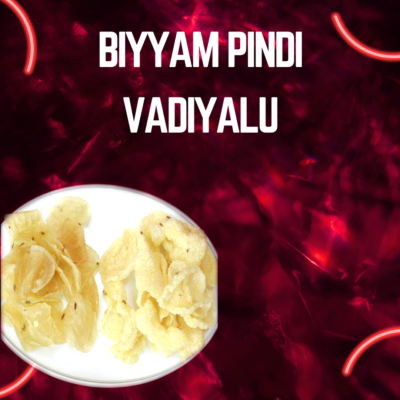
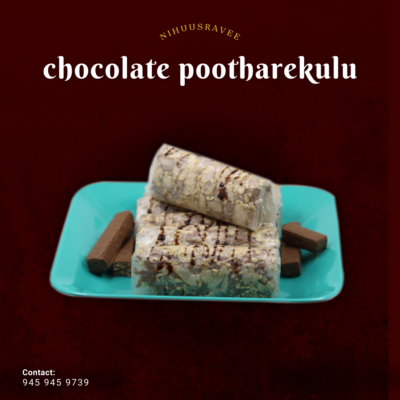
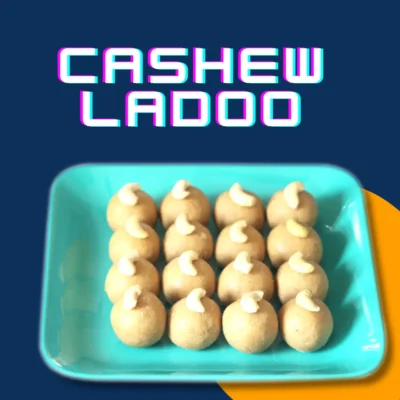
There are no reviews yet.